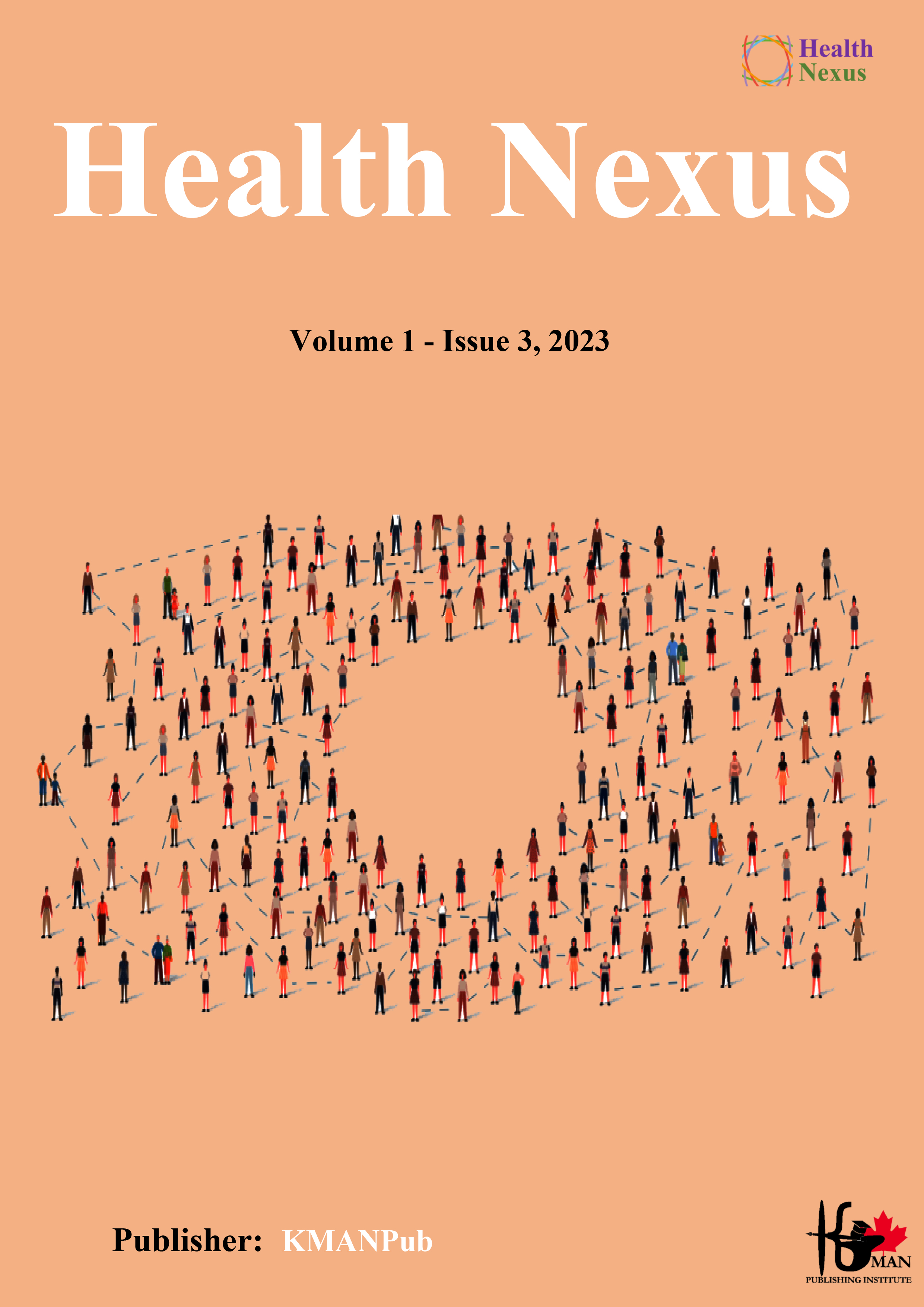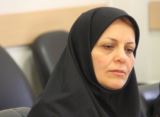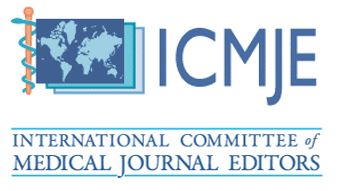The Effectiveness of Schema Therapy Focused on Mindset on Self-Esteem and Impulsivity in Individuals with Narcissistic Personality Disorder
Keywords:
Schema modes therapy, Self-Esteem, Impulsivity, Narcissistic Personality DisorderAbstract
In the complex world of clinical psychology, narcissistic personality disorder is recognized as a problem that can impact various aspects of an individual's personal and social life. The current study aimed to determine the effectiveness of schema therapy focused on mindset on self-esteem and impulsivity in individuals diagnosed with narcissistic personality disorder. This quasi-experimental research was conducted with a pre-test, post-test, and follow-up design, including a control group. The population of the study comprised all individuals visiting counseling centers in Bushehr who were diagnosed with narcissistic personality disorder by psychiatrists or clinical psychologists. The sample included 30 individuals, selected through purposive sampling and randomly assigned into two groups of 15 each, experimental and control. Data were collected using the Coopersmith Self-Esteem Inventory, Narcissistic Personality Inventory, and Barratt Impulsiveness Scale, and analyzed using repeated measures analysis of variance with SPSS software version 26. The results showed significant differences between the mean scores of pre-test, post-test, and follow-up for variables of impulsivity and self-esteem (P < .01). Schema therapy significantly altered the post-test and follow-up scores compared to the pre-test (P < .01), and these changes persisted during the follow-up period. It can be concluded that schema therapy focused on mindset is effective in enhancing self-esteem and reducing impulsivity among individuals with narcissistic personality disorder, suggesting its utility in addressing issues in narcissistic individuals.
Downloads
References
1. Semeniuc SE, Soponaru C. An explanatory schema therapy model for obsessive mind. Bulletin Of Integrative Psychiatry. 2023(2).
2. Ronningstam E, Weinberg I. Narcissistic Personality Disorder: Patterns, Processes, and Indicators of Change in Long-Term Psychotherapy. Journal of Personality Disorders. 2023;37(3):337-57.
3. Richter M, Mota S, Hater L, Bratek R, Goltermann J, Barkhau C, et al. Narcissistic dimensions and depressive symptoms in patients across mental disorders in cognitive behavioural therapy and in psychoanalytic interactional therapy in Germany: a prospective cohort study. The Lancet Psychiatry. 2023;10(12):955-65.
4. Weinberg I, Ronningstam E. Dos and Don'ts in Treatments of Patients With Narcissistic Personality Disorder. Journal of Personality Disorders. 2020;34(Supplement):122-42.
5. Dimaggio G. Treatment principles for pathological narcissism and narcissistic personality disorder. Journal of Psychotherapy Integration. 2022;32(4):408-25.
6. Diamond D, Yeomans F, Keefe JR. Transference-Focused Psychotherapy for Pathological Narcissism and Narcissistic Personality Disorder (TFP-N). Psychodynamic Psychiatry. 2021;49(2):244-72.
7. Shamsnajafi ZS, Hasanzadeh R, Emadian SO. Comparison of the effectiveness of compassionate mind-based therapy and dialectical behavior therapy on cognitive deficits, emotional processing defects and impulsivity of adolescent soldiers aged 18 to 20 years with high-risk behaviors. Journal of Adolescent and Youth Psychological Studies (JAYPS). 2023;4(5):59-71.
8. Kastner-Bosek A, Dajic I, Mikus N, Weidenauer A, Willeit M. Addicted to Self-esteem: Understanding the neurochemistry of narcissism by using cocaine as a pharmacological model. Journal of Experimental Psychopathology. 2021;12(3):20438087211044362.
9. Mota S, Humberg S, Krause S, Fatfouta R, Geukes K, Schröder-Abé M, Back MD. Unmasking Narcissus: A competitive test of existing hypotheses on (agentic, antagonistic, neurotic, and communal) narcissism and (explicit and implicit) self-esteem across 18 samples. Self and Identity. 2020;19(4):435-55.
10. Richardson K, Hart W, Kinrade C. Investigating how self-esteem moderates grandiose narcissism's interpersonal orientation. Journal of Personality. 2021;89(4):738-53.
11. Aghili SM, Hejazi F. Comparison of the Effectiveness of Schema Therapy and Mindfulness on Early Maladaptive Schemas and Stress in the Elderly in Daily Centers of Gorgan City. Clinical Psychology Achievements. 2019;4(4):11-24.
12. Joshua PR, Lewis V, Kelty SF, Boer DP. Is schema therapy effective for adults with eating disorders? A systematic review into the evidence. Cognitive Behaviour Therapy. 2023;52(3):213-31.
13. Mosadegh H, Darbani SA, Parsakia K. The mediating role of sexual satisfaction in the relationship between personality traits and emotional divorce in men. Journal of Applied Family Therapy. 2023;4(4):191-202.
14. Edwards DJA. Using Schema Modes for Case Conceptualization in Schema Therapy: An Applied Clinical Approach. Frontiers in Psychology. 2022;12.
15. Zhang K, Hu X, Ma L, Xie Q, Wang Z, Fan C, Li X. The efficacy of schema therapy for personality disorders: a systematic review and meta-analysis. Nordic Journal of Psychiatry. 2023;77(7):641-50.
16. Arntz A, Rijkeboer M, Chan E, Fassbinder E, Karaosmanoglu A, Lee CW, Panzeri M. Towards a Reformulated Theory Underlying Schema Therapy: Position Paper of an International Workgroup. Cognitive Therapy and Research. 2021;45(6):1007-20.
17. Koppers D, Van H, Peen J, Dekker JJM. Psychological symptoms, early maladaptive schemas and schema modes: predictors of the outcome of group schema therapy in patients with personality disorders. Psychotherapy Research. 2021;31(7):831-42.
18. Kopf-Beck J, Zimmermann P, Egli S, Rein M, Kappelmann N, Fietz J, et al. Schema therapy versus cognitive behavioral therapy versus individual supportive therapy for depression in an inpatient and day clinic setting: study protocol of the OPTIMA-RCT. BMC Psychiatry. 2020;20(1):506.
19. Gülüm İV, Soygüt G. Limited reparenting as a corrective emotional experience in schema therapy: A preliminary task analysis. Psychotherapy Research. 2022;32(2):263-76.
20. Peeters N, Stappenbelt S, Burk WJ, van Passel B, Krans J. Schema therapy with exposure and response prevention for the treatment of chronic anxiety with comorbid personality disorder. British Journal of Clinical Psychology. 2021;60(1):68-76.
21. Darbani SA, Parsakia K. The effectiveness of strength-based counseling on the self-esteem of marital conflicted women. Psychology of Woman Journal. 2022;3(1):46-55.
22. Parsakia K, Darbani SA. Effectiveness of strength-based counseling on self-worth of divorced women. Applied Family Therapy Journal (AFTJ). 2022;3(1):687-700.
23. Raskin RN, Hall, Calvin S. A Narcissistic Personality Inventory. Psychological Reports. 1979;45(2):590-.
24. Sadeghkhani M, Emamipour S, Mirhashemi M. The structural model of emotional divorce based on the dark triad traits of personality and conflict resolution styles with the mediation of marital dissatisfaction. Journal of Applied Family Therapy. 2023;4(2):444-71.
25. Azimi H, Soleimani E. The Comparison of Psychological Distress, Impulsivity, and Type D Personality between Students with Positive and Negative Attitudes toward Addiction. etiadpajohi. 2020;14(57):151-70.
26. Barratt ES. Impulsivity: Integrating cognitive, behavioral, biological, and environmental data. The impulsive client: Theory, research, and treatment. Washington, DC, US: American Psychological Association; 1993. p. 39-56.
27. Patton JH, Stanford MS, Barratt ES. Factor structure of the barratt impulsiveness scale. Journal of Clinical Psychology. 1995;51(6):768-74.
Downloads
Additional Files
Published
License
Copyright (c) 2023 Fatemeh Mohseni (Author); Fatemeh Bibak (Corresponding Author)

This work is licensed under a Creative Commons Attribution-NonCommercial 4.0 International License.


























